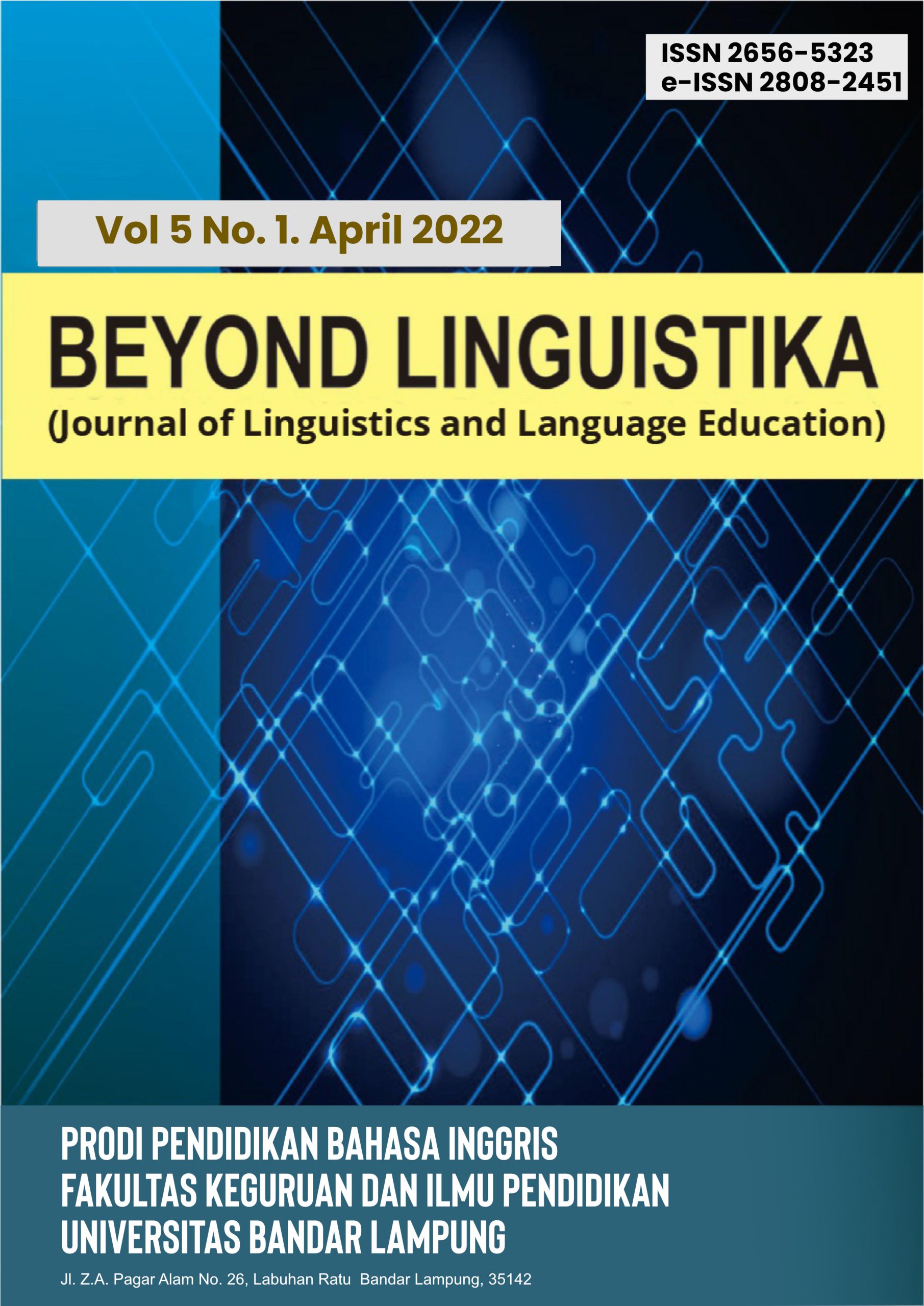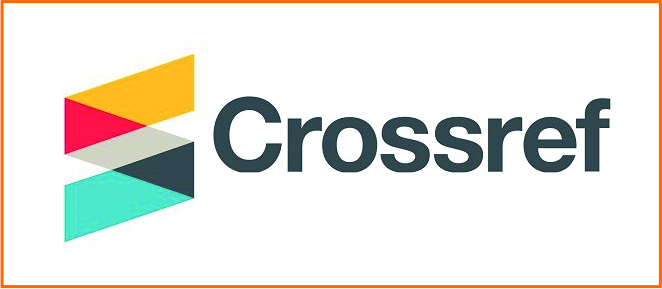The Analysis of Students’ Motivation and Reading Compre-hension of Second Grade Students at SMA Persada Bandar Lampung
Abstract
Keywords
Full Text:
PDFReferences
Cox, K. E., & Guthrie, J. T. (2001). Motivation-al and Cognitive Contributions to Students’ Amount of Reading. Contemporary Edu-cational Psychology, 26(1), 116–131. https://doi.org/https://doi.org/10.1006/ceps.1999.1044
Dai, D. Y., & Wang, X. (2007). The role of need for cognition and reader beliefs in text comprehension and interest develop-ment. Contemporary Educational Psychol-ogy, 32(3), 332–347. https://doi.org/https://doi.org/10.1016/j.cedpsych.2006.05.002
Efriza, D., Deswarni, D., & Sepyanda, M. (2023). What Can Reading Motivation Do for Improving Student’s Reading Compre-hension? Implications for Reading Instruc-tion in the School. ENGLISH FRANCA : Academic Journal of English Language and Education, 7(1), 133. https://doi.org/10.29240/ef.v7i1.4344
Elleman, A. M., & Oslund, E. L. (2019). Read-ing Comprehension Research: Implications for Practice and Policy. Policy Insights from the Behavioral and Brain Sciences, 6(1), 3–11. https://doi.org/10.1177/2372732218816339
Fletcher, J. M. (2006). Measuring Reading Comprehension. Scientific Studies of Read-ing, 10(3), 323–330. https://doi.org/10.1207/s1532799xssr1003_7
Graham, L., & Bellert, A. (2004). Difficulties in Reading Comprehension for Students with Learning Disabilities. In B. Wong (Ed.), Learning About Learning Disabilities (Third Edition) (pp. 251–279). Academic Press. https://doi.org/https://doi.org/10.1016/B978-012762533-1/50010-X
Guthrie, J. T., Hoa, A. L. W., Wigfield, A., Tonks, S. M., Humenick, N. M., & Littles, E. (2007). Reading motivation and reading comprehension growth in the later elemen-tary years. Contemporary Educational Psychology, 32(3), 282–313. https://doi.org/https://doi.org/10.1016/j.cedpsych.2006.05.004
Guthrie, J. T., Wigfield, A., Metsala, J. L., & Cox, K. E. (1999). Motivational and Cog-nitive Predictors of Text Comprehension and Reading Amount. Scientific Studies of Reading, 3(3), 231–256. https://doi.org/10.1207/s1532799xssr0303_3
Landi, N. (2010). An examination of the rela-tionship between reading comprehension, higher-level and lower-level reading sub-skills in adults. Reading and Writing, 23(6), 701–717. https://doi.org/10.1007/s11145-009-9180-z
Lau, K.-L. (2009). Reading motivation, percep-tions of reading instruction and reading amount: a comparison of junior and senior secondary students in Hong Kong. Journal of Research in Reading, 32(4), 366–382. https://doi.org/https://doi.org/10.1111/j.1467-9817.2009.01400.x
McNamara, D. S. (2007). Reading Comprehen-sion Strategies (1st ed.). Psychology Press. https://doi.org/https://doi.org/10.4324/9780203810033
Perfetti, C. A., Landi, N., & Oakhill, J. (2005). The Acquisition of Reading Comprehen-sion Skill. In The Science of Reading: A Handbook (pp. 227–247). https://doi.org/https://doi.org/10.1002/9780470757642.ch13
Gilakjani, A. P., & Sabouri, N. B. (2016). How Can Students Improve Their Reading Comprehension Skill? Journal of Studies in Education, 6(2), 229. https://doi.org/10.5296/jse.v6i2.9201
Rohana. (2018). Method Improving Reading Comprehension In Primary Education Pro-gram Students. Journal of Physics: Con-ference Series, 954(1), 012027. https://doi.org/10.1088/1742-6596/954/1/012027
Ryan, R. M., & Deci, E. L. (2020). Intrinsic and extrinsic motivation from a self-determination theory perspective: Defini-tions, theory, practices, and future direc-tions. Contemporary Educational Psychol-ogy, 61, 101860. https://doi.org/https://doi.org/10.1016/j.cedpsych.2020.101860
Sakolrak, S. (2014). The Strategic Development to Enhance Reading Comprehension In-structional Competency of Elementary School Teachers based on Comprehension Ability Diagnostic Instruments. Procedia - Social and Behavioral Sciences, 116, 2946–2951. https://doi.org/https://doi.org/10.1016/j.sbspro.2014.01.685
Schiefele, U., Schaffner, E., Möller, J., & Wig-field, A. (2012). Dimensions of Reading Motivation and Their Relation to Reading Behavior and Competence. Reading Re-search Quarterly, 47(4), 427–463. https://doi.org/https://doi.org/10.1002/RRQ.030
Scott Rigby, C., Deci, E. L., Patrick, B. C., & Ryan, R. M. (1992). Beyond the intrinsic-extrinsic dichotomy: Self-determination in motivation and learning. Motivation and Emotion, 16(3), 165–185. https://doi.org/10.1007/BF00991650
Smith, R., Snow, P., Serry, T., & Hammond, L. (2021). The Role of Background Knowledge in Reading Comprehension: A Critical Review. Reading Psychology, 42(3), 214–240. https://doi.org/10.1080/02702711.2021.1888348
Snow, C. E. (2010). Reading Comprehension: Reading for Learning. In P. Peterson, E. Baker, & B. McGaw (Eds.), International Encyclopedia of Education (Third Edition)
DOI: http://dx.doi.org/10.36448/bl.v6i2.3581
Refbacks
- There are currently no refbacks.















